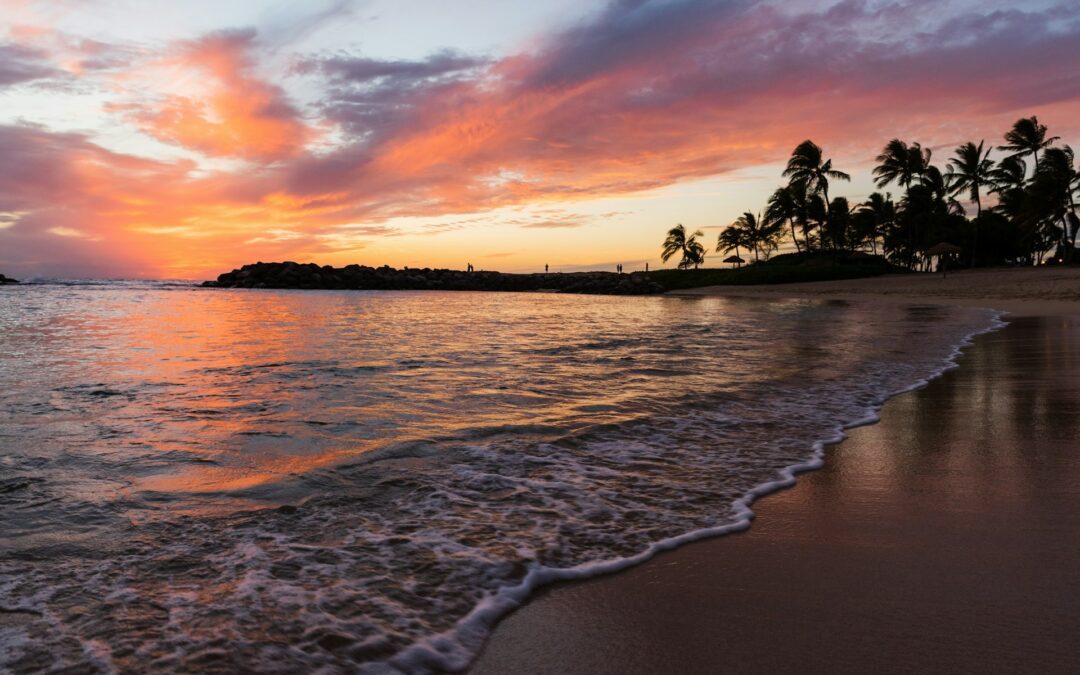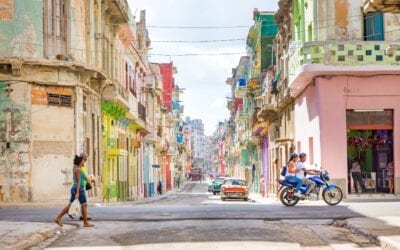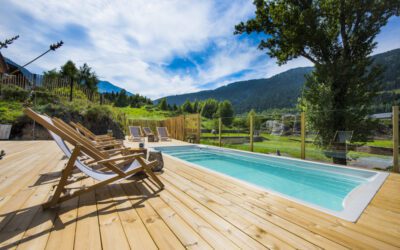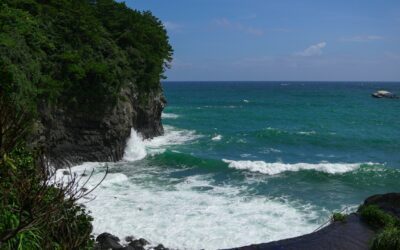|
|
Many Caribbean countries have enthusiastically embraced the digital nomad visa trend and released visas that allow remote workers to live and work from the Caribbean for an extended period. But should you travel to the Caribbean as a digital nomad?
That might seem like a strange question. The Caribbean is known for its excellent weather, fantastic beaches, and luxury hotels. So why wouldn’t you want to go to the Caribbean?
Let’s look at the pros and cons of traveling to the Caribbean as a digital nomad, and which Caribbean countries are currently offering digital nomad visas.
Pros of Traveling to the Caribbean as a Digital Nomad
The pros of traveling to the Caribbean as a digital nomad are all the reasons that the Caribbean is such a popular holiday destination. It is known for its sunshine and warm weather most of the year, fantastic beaches for relaxing and diving, and delicious food based on fresh seafood with African, European, and Latin influences.
In addition to this, most Caribbean countries have favorable tax conditions, either not charging income tax or only charging tax on locally earned income, so digital nomads don’t need to pay taxes in the Caribbean.
Cons of Traveling to the Caribbean as a Digital Nomad
But while those are very good reasons to take a holiday in the Caribbean, there are other things to consider when thinking about staying for longer as a digital nomad.
High Cost of Living
The Caribbean has a high cost of living when compared to other popular sunny digital nomad destinations, especially in Southeast Asia. While most islands have a cost of living comparable to the United States, you might find yourself paying more if you are paying a premium for short-term accommodation.
If you combine this with travel and visa costs, and additional costs for special experiences while traveling, spending an extended period in the Caribbean could break the bank.
Designed for Tourists
While Caribbean countries have thriving local communities, it can be very difficult to break into these communities as a foreigner, and it is not always safe to live in local communities as a visitor.
While resort areas tend to be very safe, they can be very expensive due to their popularity as holiday destinations. Did you know that 44% of all cruise ship passengers pass through the Caribbean?
Isolating
When you arrive on a Caribbean Island, it feels like you will never run out of things to do with beaches to enjoy, forests to explore, and foods to sample. But the islands are small, and after a few weeks, you might feel like you have done everything. While you might fall into a nice routine of visiting your favorite beaches and spending the weekends hiking, some people struggle with being isolated within a small community without new things to do.
It can also be challenging to travel between the various Caribbean countries. While there are a plethora of boats and small planes, scheduling is not always consistent. Plus, if you want to go home, you may need to make your way to one of the larger islands.
You also need to become accustomed to living with what is available on the island. Many of the things that you consider easily accessible at home just aren’t available on the islands, and if they are, they can be extremely expensive due to import costs.
Productivity Challenges
It can be challenging to find work productivity in the Caribbean for several reasons. First of all, the internet connectivity is relatively slow, due to the issue of providing high-speed internet in an island environment. This can make programming roles challenging and video calls patchy.
The digital nomad community in the Caribbean is also relatively small and scattered, and you will find few coworking spaces or other hubs for engagement and innovation.
Risks
While most Caribbean islands are very safe, this is true in tourist areas but not always beyond them. Plus, there is a high risk of hurricanes during hurricane season, which runs from June to November, and earthquakes are also fairly common.
Should You Travel to the Caribbean?
While that might feel like a lot of negatives for digital nomads considering traveling to the Caribbean, these aren’t reasons not to travel, but rather things to be aware of when deciding where to go, when to go, and how long to stay.
If you are thinking of traveling to the Caribbean for an extended period, below are the countries currently offering digital nomad visas.
Anguilla
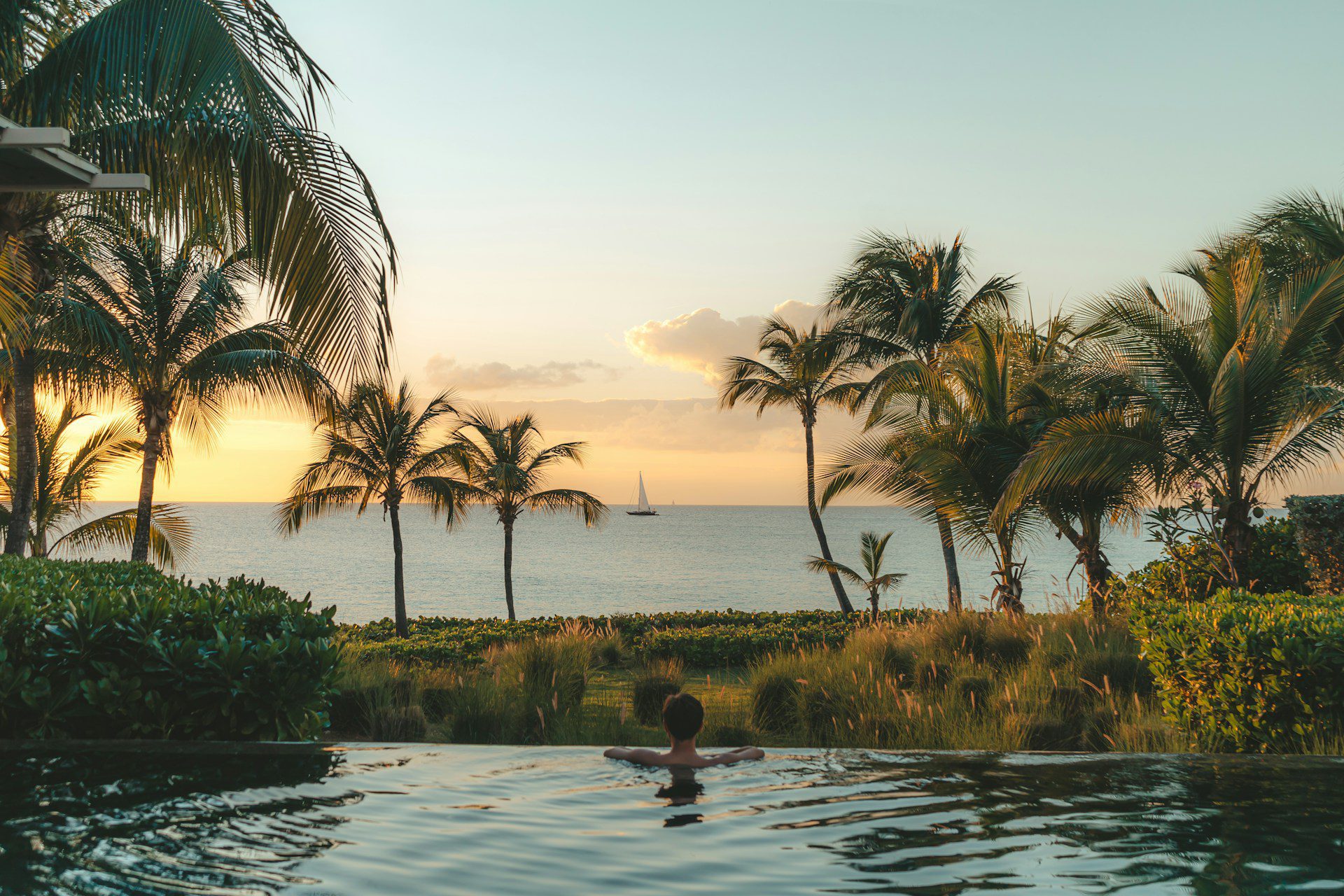
The Anguilla digital nomad visa is available for remote workers freelancers, and self-employed individuals, as well as students, as long as they can demonstrate a minimum income of US$55,000 per year.
The cost of living in Anguilla is quite high. It is estimated that a single person needs around US$1,200 per month excluding rent. You might be able to find a long-term Airbnb for around US$2,500 per month.
Antigua and Barbuda
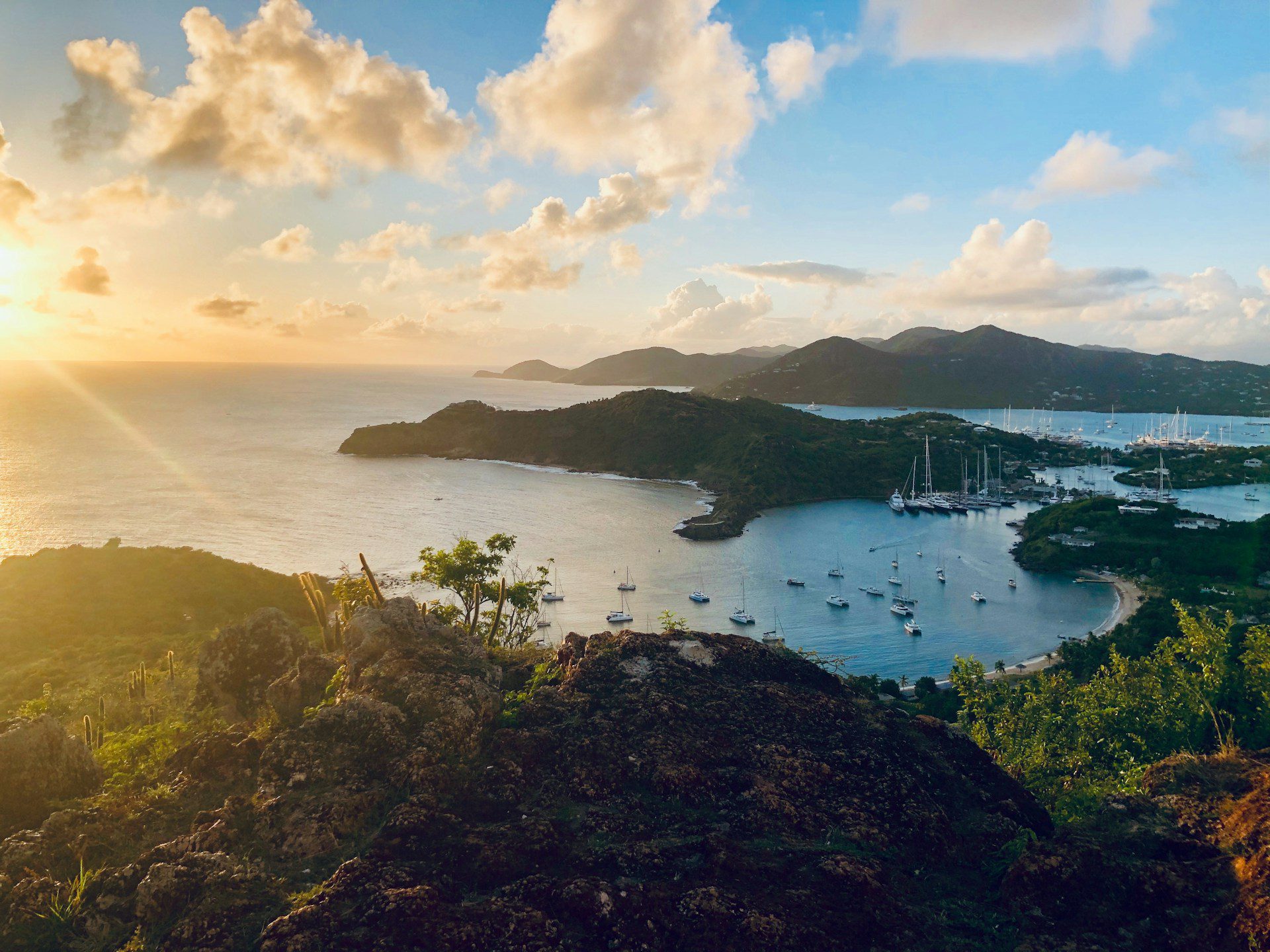
The Antigua and Barbuda digital nomad visa is open to anyone of independent means who can demonstrate a minimum income of US$50,000 per year. It is granted for up to two years in the first instance, at which point there is a possibility to apply for permanent residence.
Antigua and Barbuda are relatively affordable by Caribbean standards. It is estimated that a single person needs around US$1,100 per month to cover living expenses. You might be able to find a long-term Airbnb for around US$3,000 per month.
Bahamas
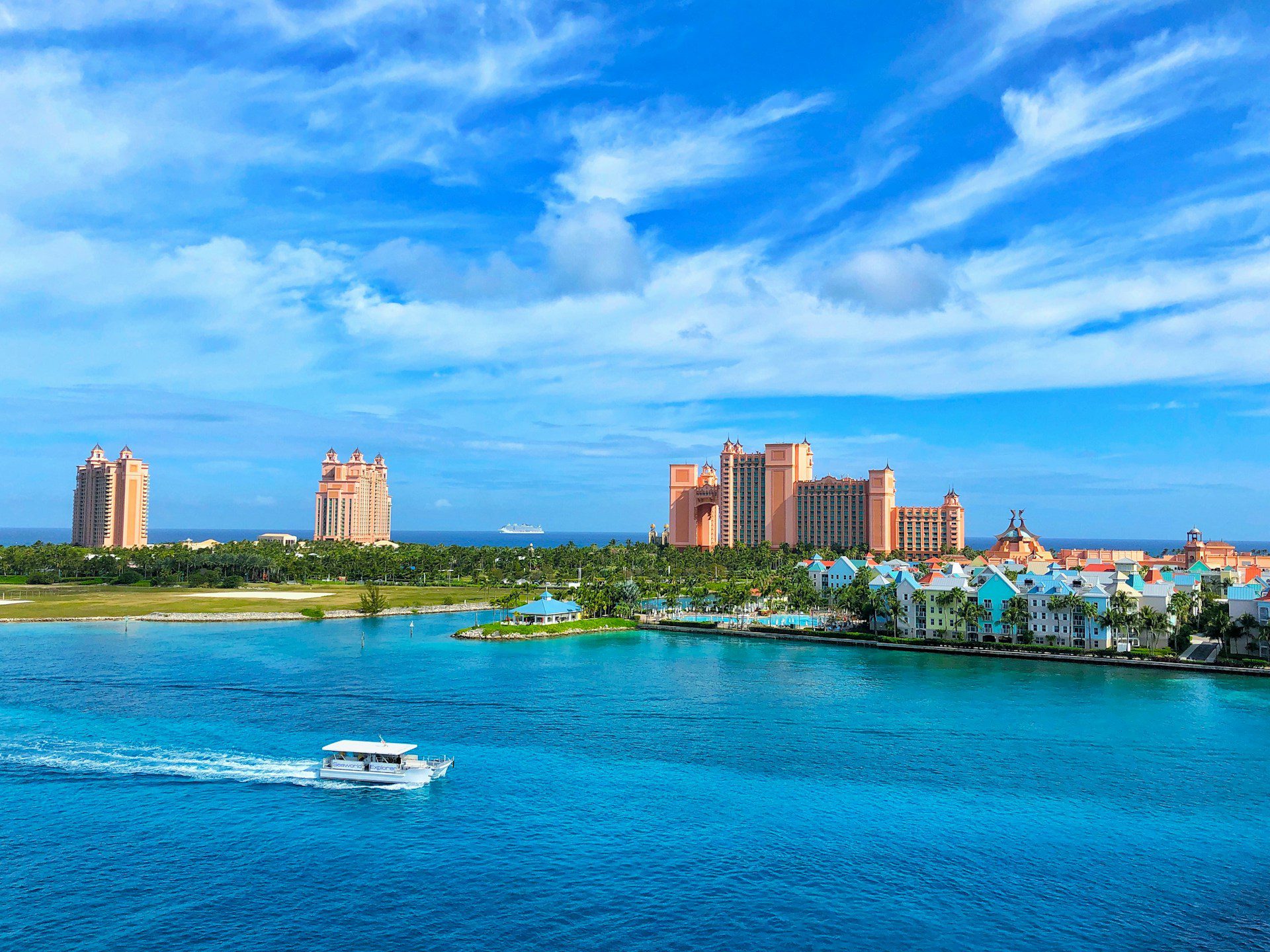
The Bahamas offers a Bahamas Extended Access Travel Stay (BEATS) visa that lets you stay for up to a year, and it is extendable for up to another two years. There is no specific minimum income, but you do need to be able to show that you can support yourself.
The Bahamas has a relatively high cost of living. It is estimated that a single person needs around US$1,400 per month for expenses excluding rent. You might be able to find a long-term Airbnb for around US$2,500 per month.
Barbados
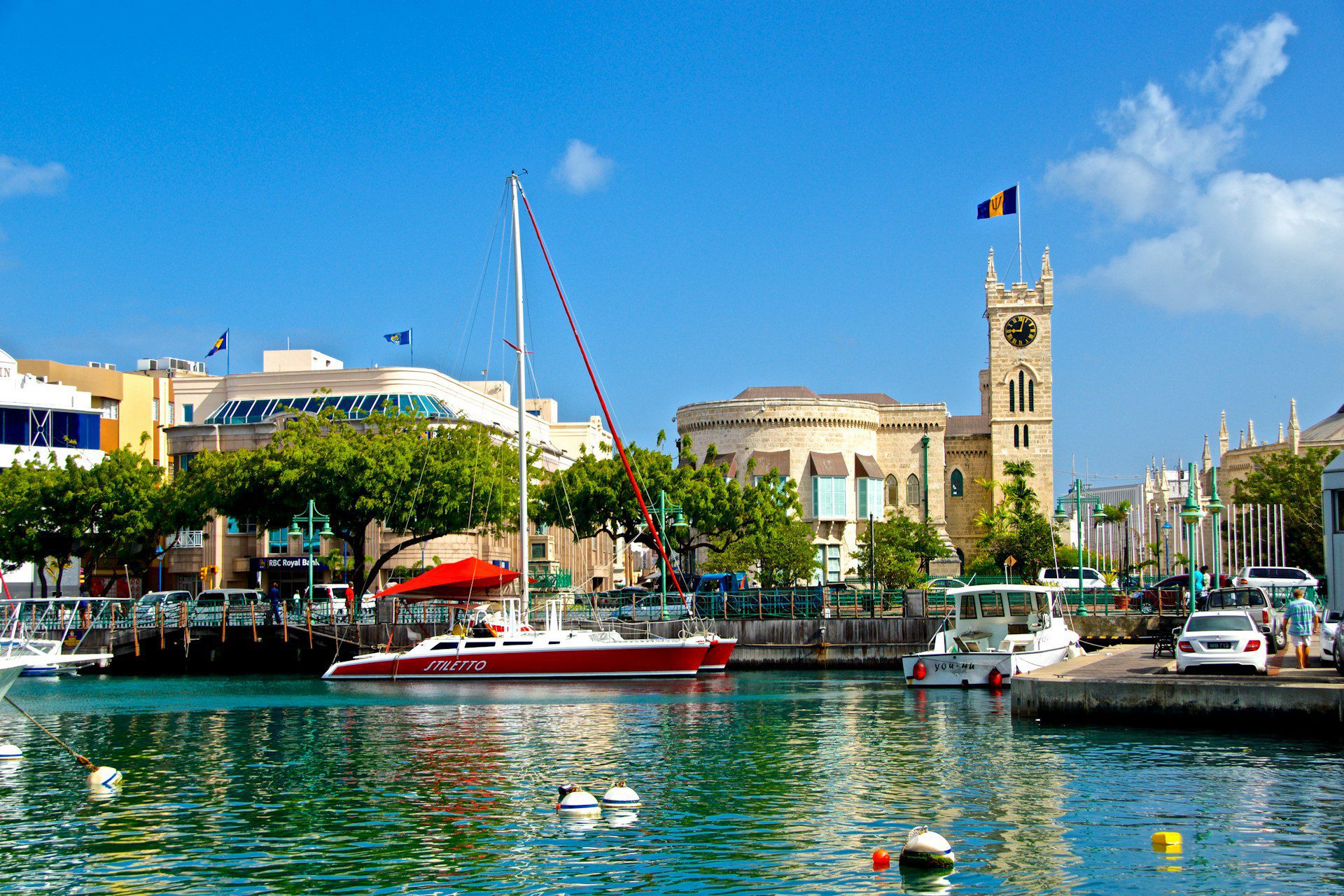
Barbados launched their digital nomad visa in June 2020 and more than 2,700 people applied in the first three months. The Welcome Stamp lets you stay for up to 12 months if you meet the minimum income requirement of US$50,000 per year.
Barbados is one of the more affordable Caribbean countries. It is estimated that a single person needs around US$1,200 per month for living expenses excluding rent. You can probably find a long-term Airbnb for around US$1,500 per month.
Belize
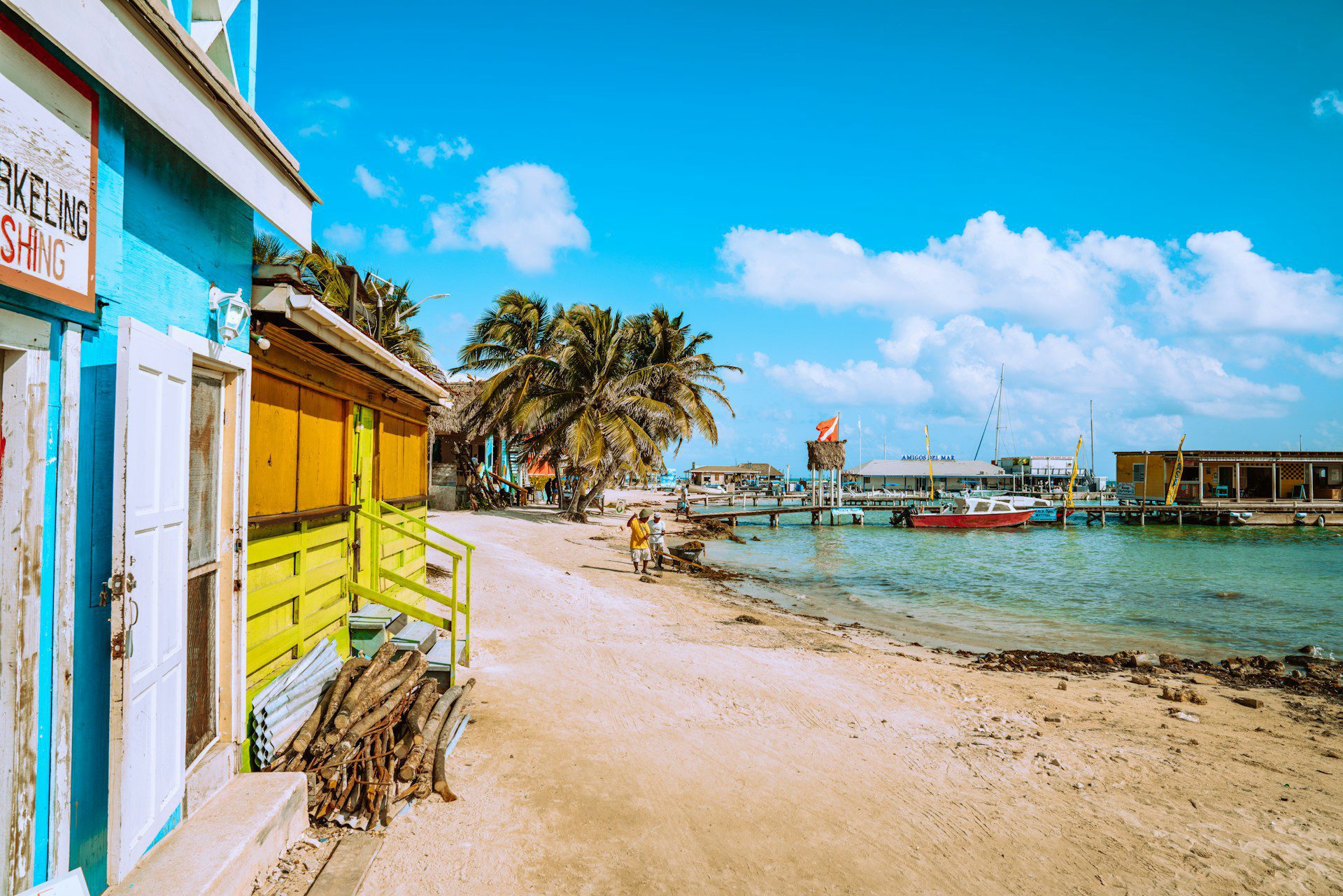
Belize offers a digital nomad visa, but it is only open to applicants from a select number of wealthy countries, specifically the European Union, United Kingdom, United States, and Canada. The minimum income to qualify is US$75,000 per year. This allows you to stay for six months.
Belize is a relatively affordable Caribbean country. It is estimated that a single person needs around US$700 per month to cover living expenses excluding rent. You might be able to find a long-term Airbnb for around US$1,700 per month.
Curaçao
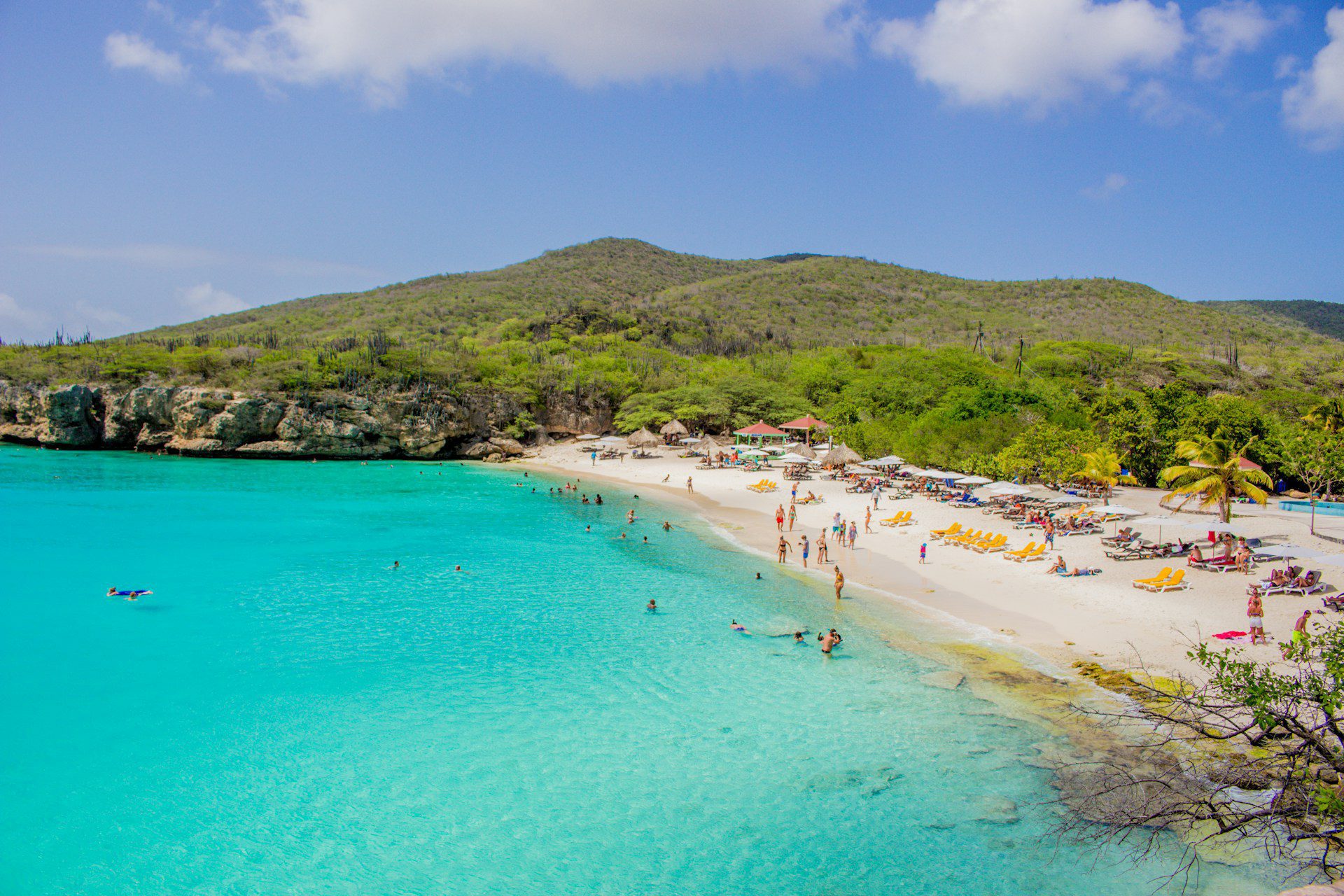
Curaçao has launched the “At Home in Curaçao” program, which allows foreigners to stay for up to six months in the first instance and is then renewable. No minimum income is set, but your ability to support yourself financially while in the country is assessed as part of the application.
Curaçao is affordable when compared to other Caribbean countries. It is estimated that a single person needs Around US$1,100 per month to cover living expenses excluding rent. You can probably find a long-term Airbnb for between US$1,000-1,500 per month.
Dominica
Dominica was one of the first Caribbean countries to launch a digital nomad visa, which is called the Work in Nature (WIN) Extended Stay Visa, that allows you to stay for up to 18 months. The minimum income requirement is US$50,000 per year.
The cost of living in Dominica is high, estimated at around US$1,500 per year excluding rent. But you might be able to find a single-bedroom apartment for as little as US$400 per month.
Grenada
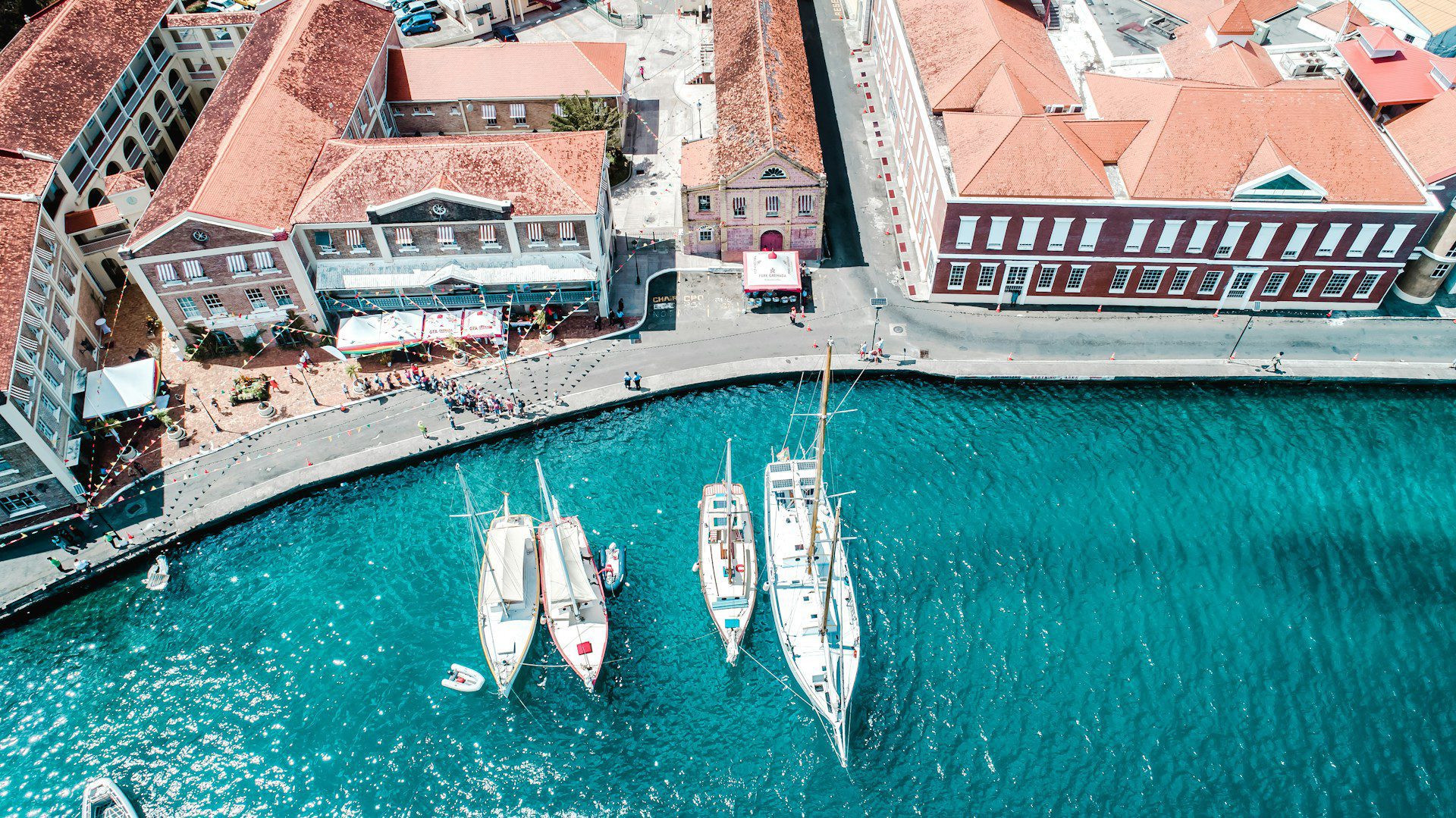
Grenada has one of the more accessible digital nomad visas, with the minimum income set at US$37,000 per year. The only other significant requirement is that you have health insurance to cover you for the duration of your stay.
The cost of living in Grenada is also lower than in the rest of the Caribbean. It is estimated that a single person needs around US$950 per month for expenses including rent. You might be able to find a long-term Airbnb for around US$1,500 per month.
Montserrat
Montserrat has released a remote work stamp that lets remote workers live and work in the country for up to a year. The only criterion is that you can show a minimum income of US$70,000 per year.
Montserrat has a high cost of living. It is estimated that a single person needs around US$1,200 per month for living expenses excluding rent, while you might expect to pay US$3,000 per month for a long-term Airbnb.
St Lucia
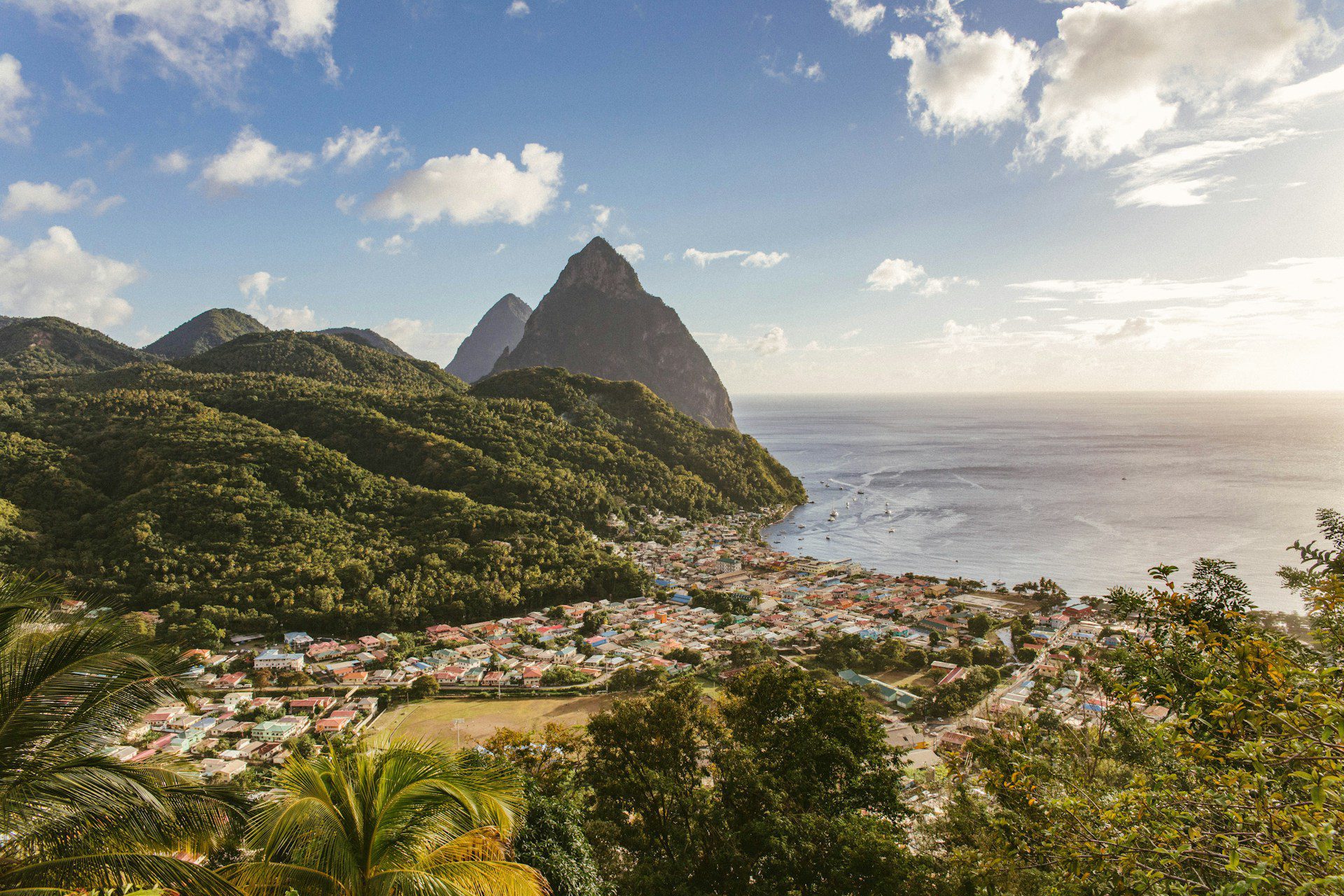
While St Lucia hasn’t launched a specific digital nomad visa, applying for a non-immigrant visa can let you stay for up to a year. There are no restrictions on who can apply, you don’t need to show proof of remote work, just that you have an income of around US$50,000 per year to support yourself.
St Lucia has an extremely high cost of living. It is estimated that a single person needs around US$1,600 per month for expenses excluding rent. You might pay an additional US$1,000 per month for a long-term Airbnb.

